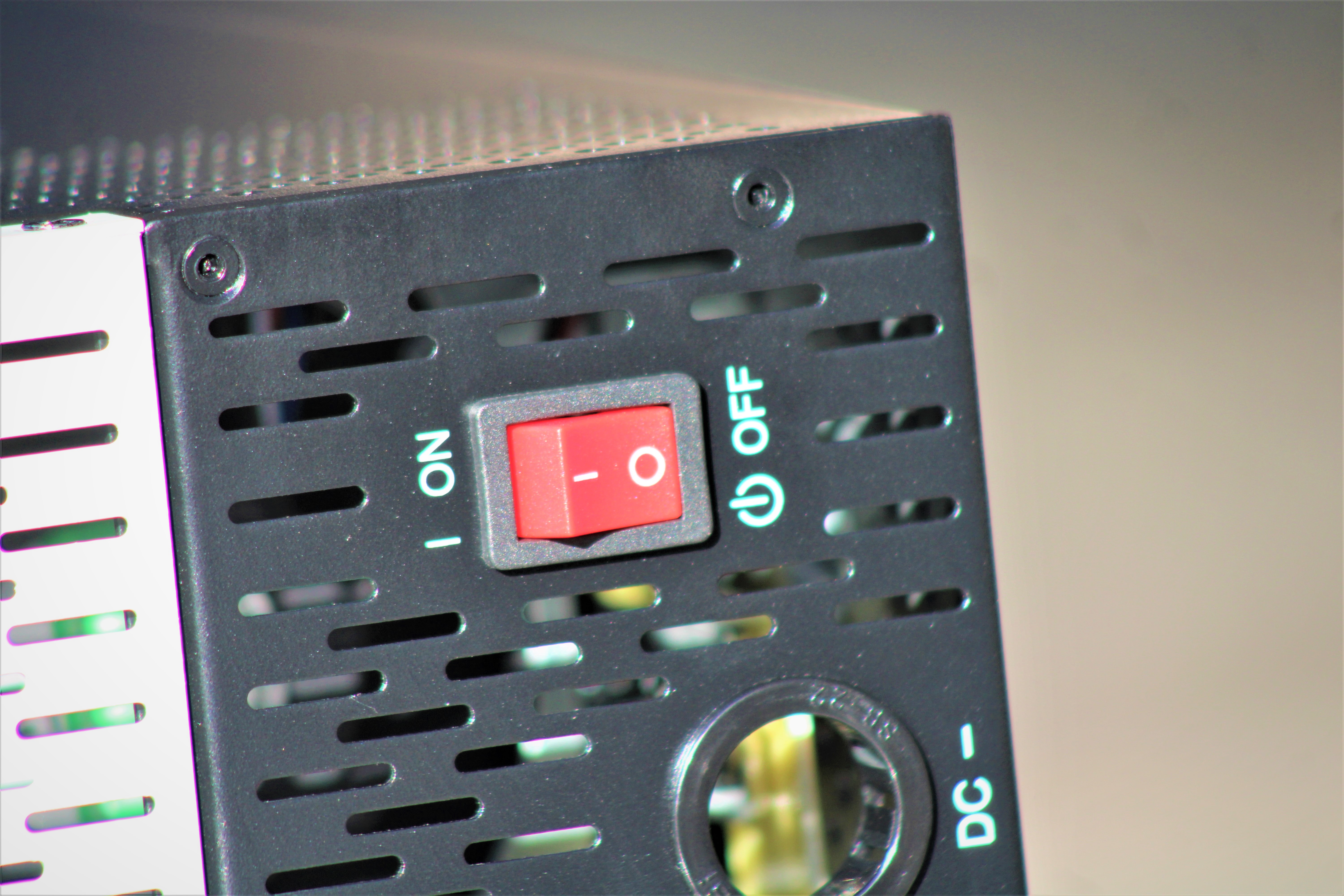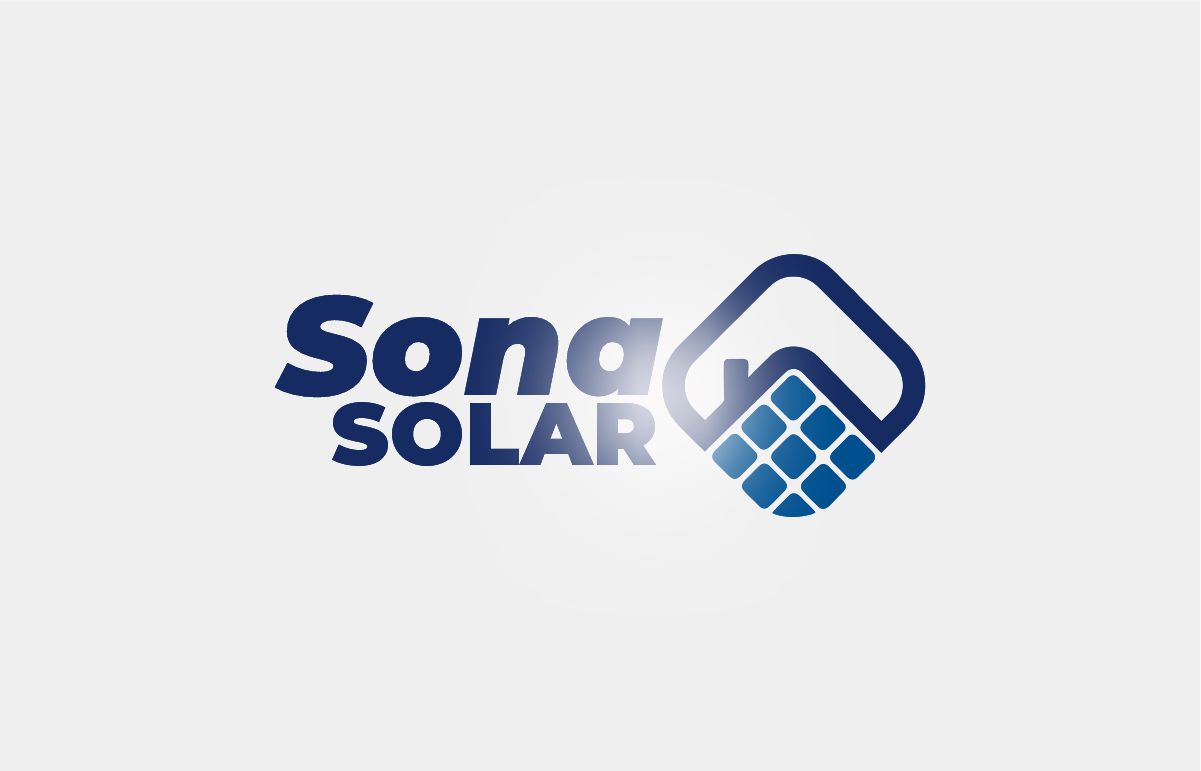Are you looking to go Off-grid and power your house in Zimbabwe with a solar energy system?
In a blog post from Sona Solar Zimbabwe, find out how an best Off-grid Solar Inverter was created, what it is able to provide, and the benefits that it provides for people.
What is an Off Grid Solar Inverter?
When it comes to solar power, there are a few different types of inverters that can be used. The most common inverters are those that use DC Power to convert the incoming solar energy into usable AC voltage and current. These inverters come in two main types:- Grid-Connected and
- Off-grid Inverters.
 |
| The Best Off Grid Solar Inverter in Zimbabwe - The Product That Redefined The Solar Power Industry! |
How to Pick the Best Off-Grid Inverter:
Think About Size:
What Is The Most Popular Size We Sell At Sona Solar Zimbabwe? The 3kVA followed by 5kVA. Different models and brands are available in various sizes and most of them can be stacked together for higher power output.
Consider Pure Sine Wave Instead of Modified Sine Wave:
You may hear some manufacturers talk about pure sine wave inverters. You don’t need to understand exactly how these work—it’s enough to know that the power that’s put out by a pure sine wave inverter is “cleaner” than what you’d get from a modified sine wave inverter.Pure sine wave inverters deliver higher quality power output, similar to (or better than) our power grid. Modified sine wave inverters are cheaper, but they deliver lower-quality power output.
That’s why we don’t recommend modified sine wave inverters for most applications; most of our off-grid customers are use pure sine wave inverters to avoid these potential issues.
Look at the Technical Specs
Here are some other technical specs to consider:- Efficiency. This is a measure of how much power from the batteries your inverter delivers to your home when it’s operating in perfect conditions. A good peak efficiency rating is around 94% to 96%.
- Self-consumption, or no-load current draw. How much power will your inverter consume just sitting there? Obviously you want this to be as low as possible.
- Surge capacity. How much short-term overload can the inverter handle before it “trips?” Some appliances, like pumps or fridges, need as much as 2x–3x their running power to start up.
- Battery charger output. Many off-grid inverters include a battery charger, which is used to recharge your batteries during the winter months with a backup generator. The battery charger will have a rating, usually measured in amps. Most decent off-grid inverters will have a battery charger in the range of 50-100 amps DC.
- Temperature range. Inverters are sensitive to extreme heat. Pay careful attention to the temperature range if you plan on installing your system in your garage or anywhere it could be exposed to temperature extremes.
- Warranty. Warranties start at 1 year and typically range from 3-5 years, with a few manufacturers offering a 10 year warranty extension option.
You can normally find information on all these features on the product spec sheets. Check with your solar tech for help comparing and picking the right inverter.
Research Features
Your Inverter may need special features. Look into these ones:- Battery charger. A charger allows your system to be charged from a backup AC generator. Most bigger inverters include this; these are called “inverter/chargers.”
- Grid-tied capability. Some off-grid inverters have the added capability of feeding power into the grid. This capability is useful if the grid becomes available in the future, or if you are setting up a grid-tied system with battery backup.
- Automatic generator start. Usually you will need an add-on accessory for this, although some inverters or charge controllers can take care of it.
Read Up on the Manufacturer
Knowing about the inverter manufacturer is also important. Check into their history and reputation. Off-grid inverters need to be on all day, 365 days a year, for several years at a time—so you’ll want to choose one from a manufacturer with a reputation for reliability..jpg) |
| The Best Off Grid Solar Inverter in Zimbabwe - The Product That Redefined The Solar Power Industry! |
Don’t Forget Price!
You also need to look at the price of the inverter system (including all required components)—as well as the features you get for that price. Make sure to compare the price of all required components, including the remote control, circuit breakers, mounting plate, and anything else required to install the system.
The Best Off-Grid Inverters in 2023:
Your choice of inverter really depends on your size requirements and the application, but here are some of our favorites:Common Questions and Popular Searches
Explore Answers To Frequent Questions And Discover Resources For Your Solar Journey:
1kVA Inverter Load Guide
Load guide for small households.
2kVA System Load Capacity
Powering essentials in medium homes.
3kVA System Panel Count
Understand solar array sizing.
3kVA Inverter Load Guide
Appliance guide for a typical household.
Best 3kVA Inverter Brand
Compare reliability and warranties.
3kVA Appliance Load Guide
Understand simultaneous load capacity.
3kVA Powering Motor Loads
Guidance on handling motor loads.
Choosing the Right Inverter
Matching inverters to your specific load.
Match Panels to Inverter
Tips for optimal system performance.
3.5kVA Inverter Load Guide
Explore residential setup capabilities.
Best Solar Panels Zimbabwe
Analysis of performance and durability.
Solar Companies Zimbabwe
Customer service and reliability.
Best Solar Panel Brands
Guide for home and business solutions.
Solar Installers Zimbabwe
Professional and certified installers.
3kVA System Cost Guide
Get pricing information for Zimbabwe.
5kVA System Cost Guide
Budget requirements for systems.
Contact Our Sales Team:

Sona Solar Zimbabwe
Address:
7 Frank Johnson Avenue, Eastlea, Harare, Zimbabwe.
Call/WhatsApp:
Sales:
+263 78 293 3586
Sales:
+263 78 922 2847
Operations:
+263 78 864 2437
Email:
sonasolarzw@gmail.com
Website:
www.sonasolar.co.zw

Borehole Experts Zimbabwe
Address:
7 Frank Johnson Avenue, Eastlea, Harare, Zimbabwe.
Call/WhatsApp:
Sales:
+263 77 389 8979
Sales:
+263 71 500 3777
Operations:
+263 71 918 7878
Email:
boreholeexpertszw@gmail.com
Website:
www.boreholeexperts.co.zw

Follow Our Social Media Icons
TikTok Pinterest YouTube Telegram WhatsApp